DOI: 10.13140/RG.2.1.4005.4482
ABSTRACT
Strength of recommendation: Weak in favor of using the health technology
Technology: Zoledronic acid
Indication: Paget’s disease treatment
Characterization of the technology: Zoledronic acid belongs to the bisphosphonate class containing nitrogen and acts specifically on bone. It is an inhibitor of osteoclast-mediated bone resorption.
Question: Is zoledronic acid more effective and safe in the treatment of Paget’s disease than medicines provided by SUS or other therapeutic alternatives?
Search and analysis of scientific evidence: We searched electronic databases Medline (via Pubmed) and The Cochrane Library. Randomized controlled trials (RCTs) that evaluated the efficacy of zoledronic acid in the treatment of Paget’s disease compared to available drugs in the SUS alendronate, risedronate, pamidronate, raloxifene, calcitonin, calcitriol and calcium carbonate associated with cholecalciferol were included. In addition, we found therapeutic guidelines regarding Paget’s disease. In this study, we do not found any health technology assessment.
Summary of results: Six RCTs and three clinical guidelines were included. All six RCTs included in this study presented outcomes favorable to zoledronic acid, as remission, pain reduction and increase quality of life. The trials were classified as being moderate quality due to technical aspects in conducting the study and data analysis. Of the included RCTs, two compared zoledronic acid versus risedronate, one compared zoledronic acid versus pamidronate and three compared zoledronic acid versus placebo. The main laboratory outcomes related to Paget’s disease (reduced serum levels of alkaline phosphatase and collagen products) were significant in favor of zoledronic acid across all comparators in the majority of the RCTs included. Finalistic outcomes such as the incidence of fractures had not assessed.
Recommendation: In weakly we recommend the use of zoledronic acid as an alternative for the treatment of Paget’s disease. This medicine showed favorable results for intermediate outcomes and in the cost-effectiveness analyzes. Moreover, the cost of treatment with zoledronic acid in Brazil was favorable compared to SUS alternatives. On the other hand, the hard outcomes of Paget’s disease assessed did not allow for conclusions about the efficacy of zoledronic acid in reducing fractures, falls or other clinical outcomes.
Full content in Portuguese


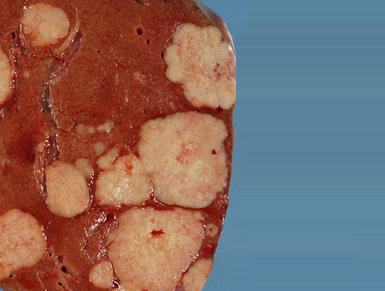
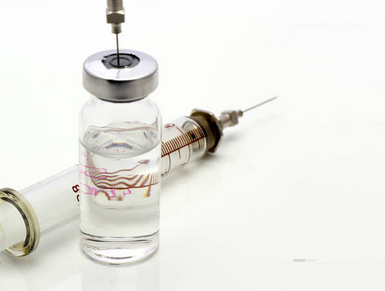
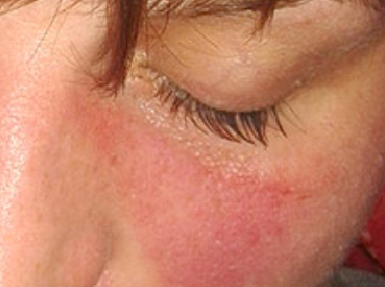
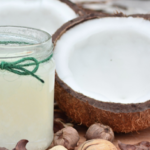

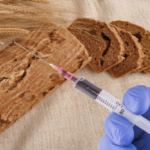
























Adicionar Comentário